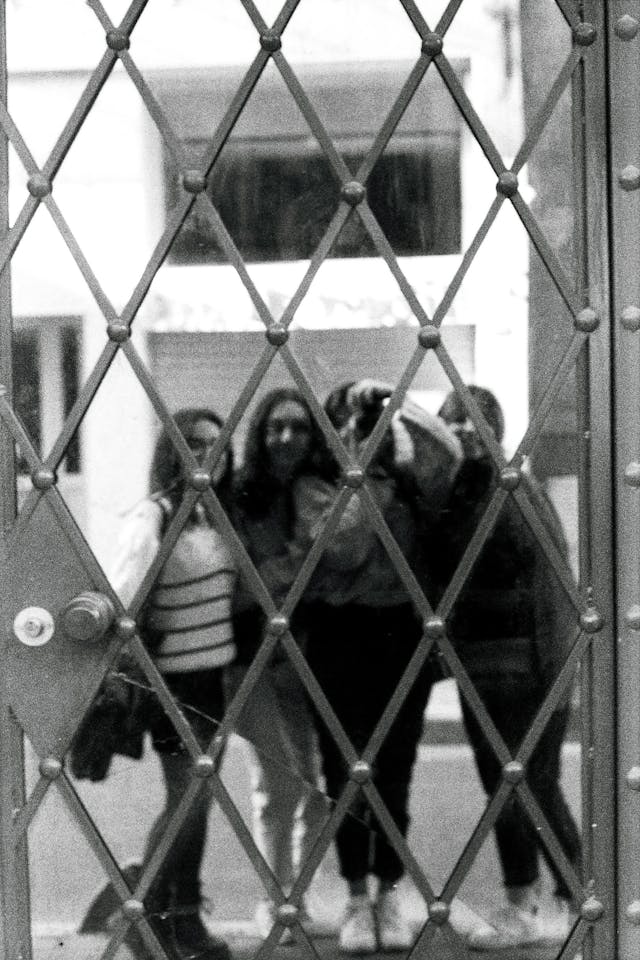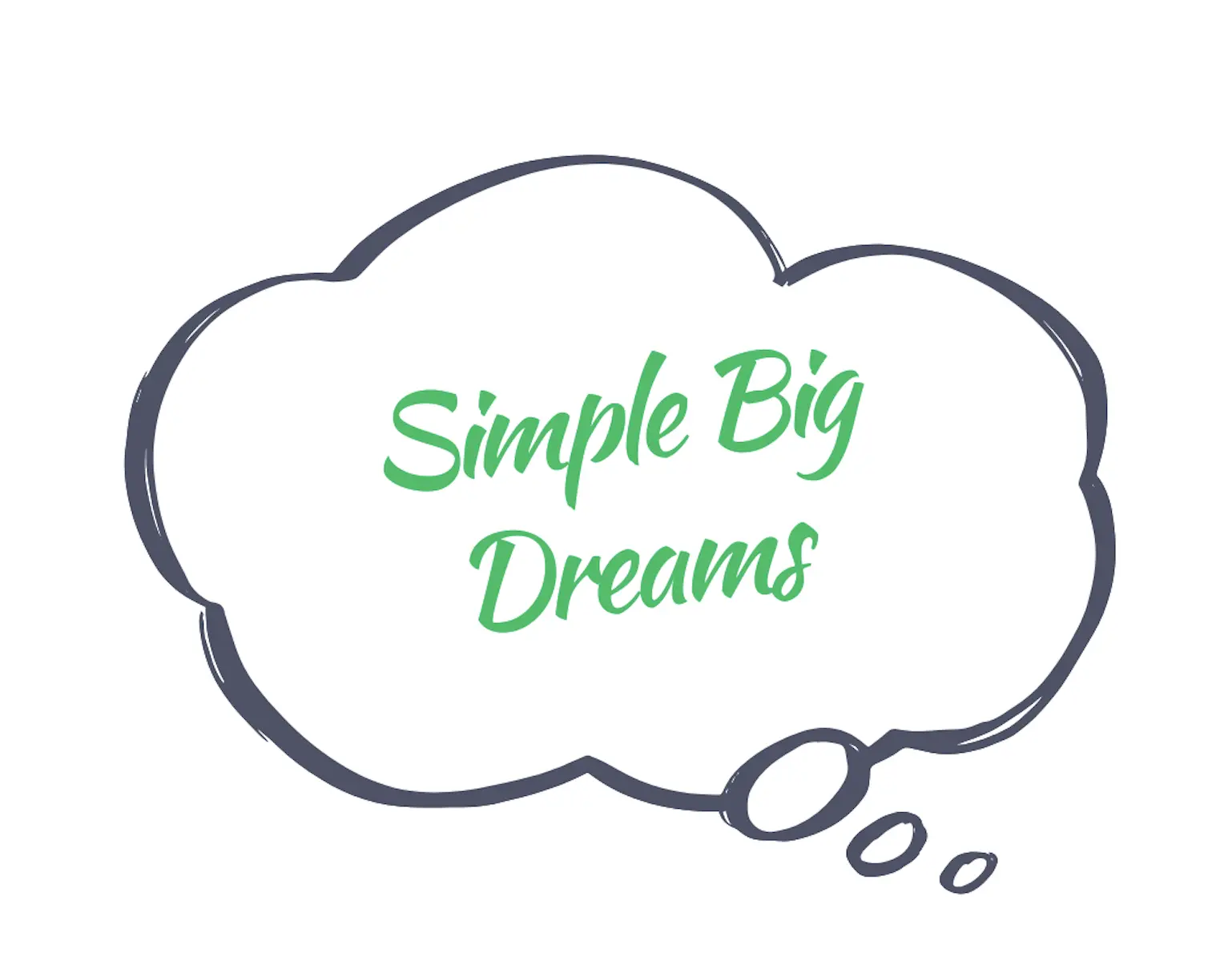Before Everyone, Start with You
In a recent post, I explored how the most overlooked relationship is the one we have with ourselves. But what most people don’t realize is that this internal relationship doesn’t just affect you—it shapes every connection you have, from romance to friendships and even family.
You can’t fully thrive in your relationships with others until you heal and align with yourself. The way you treat yourself sets the tone for how you treat others—and how you allow them to treat you. Let’s call this The Mirror Effect.
This self-relationship shows up in your patterns and behaviors, especially in how you navigate love, communication, and boundaries. The key is to start noticing these patterns with intention, not judgment. That’s when you can begin to make real changes—building relationships on your terms, instead of unconsciously repeating what life has conditioned you to accept.
The Mirror Effect: Romantic Relationships
Romantic relationships often reveal your most vulnerable behaviors—not just toward your partner, but toward yourself and others you love, whether platonic or romantic. Why? Because in romantic relationships, we tend to let our guard down. We don’t need a social mask—we feel “at home,” and that comfort brings out our truest self, for better or worse.
From a boyfriend or husband’s perspective, this vulnerability can show up in different ways—perhaps through a harsh tone of voice, emotional intensity, or clinginess. Many men navigate a world where they’re judged constantly on their masculinity, expected to be strong, stoic, and unbothered. In public, those emotions may be suppressed—but with a partner, they feel safe enough to let those feelings out. They may believe, consciously or not, that love means being accepted “as-is”—so they express emotions freely, even if those expressions aren’t always healthy.
From a girlfriend or wife’s perspective, the dynamic varies widely, but it’s still rooted in upbringing and self-relationship. Some women may come across as outgoing and assertive, but that doesn’t always mean bubbly or carefree—it could reflect a need for control or a deep-seated belief that things must go their way to feel safe. Others may be more submissive, which can stem from growing up in a loving environment—wanting to please—or from experiencing tension and conflict, leading them to avoid disagreement at all costs.
💭 Practical Tip:
Before reacting to your partner, ask yourself: “Is this response about them—or is it about something I’m feeling within myself?“
Regardless of how it shows up, these behaviors reflect more than just personality—they reveal the state of your relationship with yourself.
This internal dynamic plays out in ways we often don’t realize. If you’re curious about how to build a stronger relationship with yourself across time—your past, present, and future self—I explored that more deeply in this article below. But here, let’s focus on how that internal relationship shapes every external connection in your life.
The Mirror Effect: Family & Friends
Family and friendships often go hand in hand—even when those friendships aren’t particularly close. Starting with family dynamics, this is usually where our deepest patterns and behaviors form, yet they’re often the hardest to recognize. Why? Because at home, we’re simply being the version of ourselves we’ve always been. It feels normal. We rarely stop to question our behavior because we think, “This is just who I am.” But often, what feels natural is actually conditioned—shaped by years of experiences and reactions within our family.
💭 Practical Tip:
Next time you notice yourself reacting strongly—either negatively or positively—pause and ask: “Where have I seen this before?“
These learned behaviors then spill over into our friendships, often without us realizing it. For example, if your family dynamic was passive-aggressive, you might unknowingly bring that same energy into your platonic relationships—making subtle remarks or withdrawing when things don’t go your way. On the other hand, if you grew up in an environment of trust and care, you might offer that same trust too freely, even to people who haven’t earned it.
Family relationships are tricky because they set the baseline for how we think conflict, love, and support should look. If issues at home were handled through silence or subtle behavior changes, you might repeat that pattern with friends—avoiding direct conversations and instead, letting your mood or actions “speak” for you. Alternatively, if joy and celebration at home were expressed openly and generously, you may naturally carry that energy forward—being the one who brings the good vibes, makes jokes, or treats others when you’re in a great mood.
How does this play out in daily interactions?
Let’s say you and your friends disagree on where to eat. If you feel overlooked, you might go along but spend the night making passive remarks or acting disengaged—reflecting how you learned to express discontent growing up. On the flip side, if your suggestion is chosen, you might light up—become more engaged, even offer to buy the first round of drinks or share a favorite appetizer. These reactions, both subtle and overt, are shaped by the behaviors we witnessed and absorbed from our families.
Becoming aware of these patterns is the first step in breaking cycles that no longer serve you and choosing how you want to show up in your relationships moving forward.
💭 Reflection Challenge:
This week, reflect on one recent interaction that didn’t go as planned. Ask yourself: “Was I reacting from the present—or from a past pattern?“

Choose What You Carry—Emotionally and Physically
The relationships we build with others are often reflections of the relationship we have with ourselves. When you start to notice how your internal patterns shape your external connections, you gain the power to break cycles, set new standards, and show up with intention—not just out of habit.
You don’t have to overhaul your life overnight. Sometimes, it’s the small daily choices—how you speak, how you react, how you show love—that create the biggest shifts. And just like you choose what to carry with you physically, you also choose what to carry emotionally. That’s what intentional living is all about.
At SimpleBagWear, I showcase products that embody this same philosophy: carry what matters—nothing more, nothing less. Because how we show up in the world, and in our relationships, starts with the choices we make for ourselves.
💭 Main Takeaway:
Your relationships are mirrors—reflecting back the love, respect, and awareness you give yourself.







